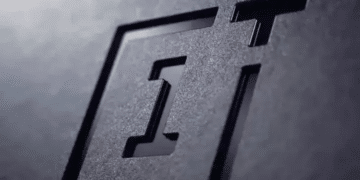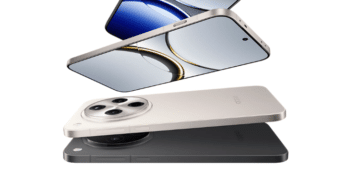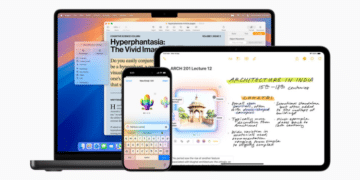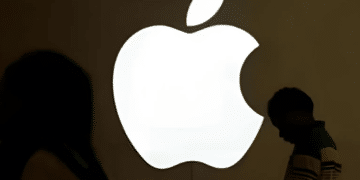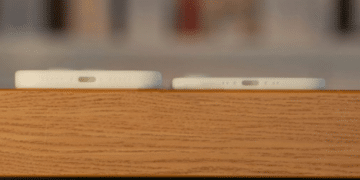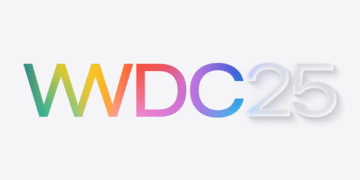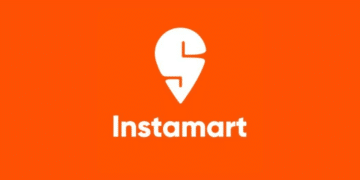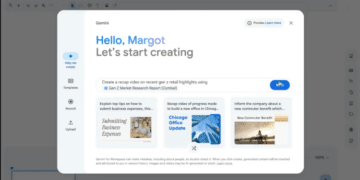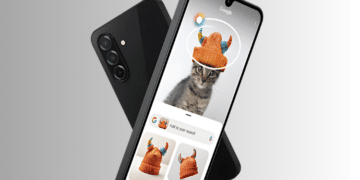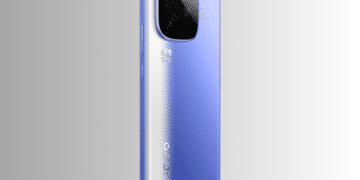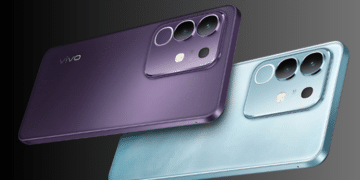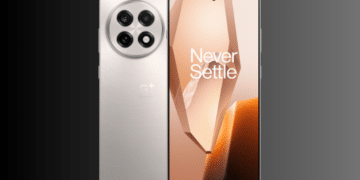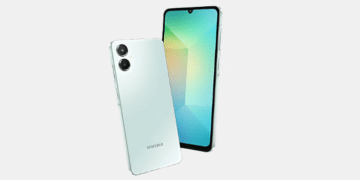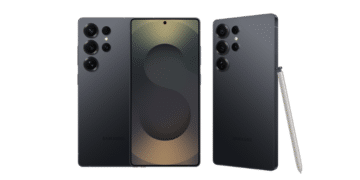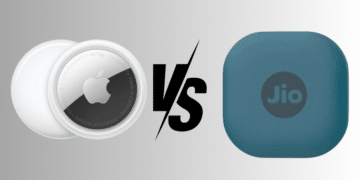The government-owned telecom operator BSNL recently unveiled its new logo and slogan and announced seven new services at the Indian Mobile Congress. One of the seven services announced could be a game-changer that might change how we connect. BSNL introduced a satellite-powered communication service, ‘Direct to Device’ (D2D), allowing users to send messages without a SIM card.
The vision of this innovation is to fill the connectivity gap, especially in rural areas where reliable mobile networks are still unavailable. This was developed in partnership with Viasat, a satellite company, and it can provide connectivity even in remote and isolated areas.
#BSNL introduces Direct to Device (D2D) service, a pioneering solution that converges satellite and terrestrial mobile networks, ensures uninterrupted connectivity even in the remotest corner of India. #ConnectingBharat #D2D #DirectToDevice pic.twitter.com/99cce3BFdD
— BSNL India (@BSNLCorporate) October 24, 2024
At the IMC, the company used a commercial Android mobile with non-terrestrial network (NTN) connectivity to send a text to a satellite at an altitude of about 36,000 kilometers above Earth orbit. D2D uses existing cellular networks and repurposes them to directly connect with the satellite, which acts like large cell towers in the sky.
It will be helpful during times of emergencies or natural disasters when the traditional network fails.
D2D operates effectively over vast distances, spanning land, sea, and air. Telecom operators such as Airtel, Jio, and Vodafone-Idea are also reportedly working on satellite connectivity services. However, these telecom giants face tough competition from Elon Musk’s Starlink, which has already launched thousands of satellites into Earth’s atmosphere and provides internet connectivity globally.

